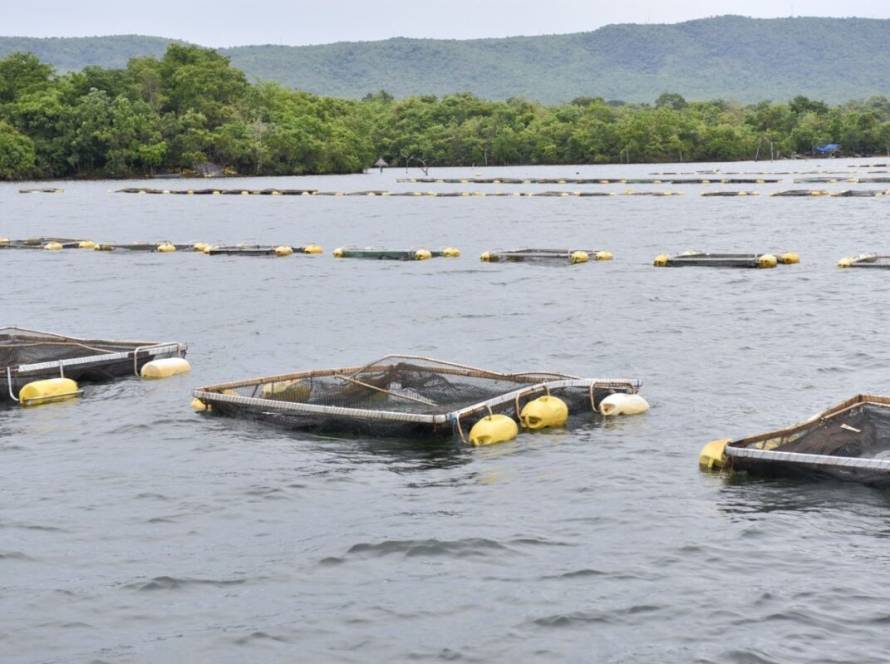With the imminent entry into force of the 50% tariff imposed by the United States on Brazilian meat, the Meatpacking Industry Union of Mato Grosso (Sindifrigo MT) expressed concern about the measure's economic and institutional impact. In a statement signed by the union's president, Paulo Bellincanta, the industry advocates a response guided by diplomacy and rationality, warning of the dangers of hasty decisions in an already fragile context.

President of Sindifrigo MT, Paulo Bellincanta: “Global tariffs imposed indiscriminately, without case-by-case analysis, are errors that can harm both exporters and importers” – Photo: Disclosure
Beef, Bellincanta emphasizes, is both an essential food and a high-value product, the result of a complex production process. "In recent months, the entire sector, from rural producers to industry, has been operating with very tight margins, with no room for major price fluctuations," he states.
In this scenario, abrupt changes such as the tariff imposed by the US create an imbalance throughout the chain.
According to the president of Sindifrigo MT, in a globalized market, prices naturally balance out through competition, and differences are primarily due to logistics costs and tax burdens—the very factors most susceptible to government action. "History has taken a heavy toll on us for the gross mistakes made by governments around the world," he points out.
Bellincanta warns that poorly calibrated government decrees and regulations can be as destructive, if not more so, than natural disasters. "Global tariffs imposed indiscriminately, without case-by-case analysis, are mistakes that can harm both exporters and importers. Making a mistake in war is like allowing a missile to explode in your own trenches," he compares.
Diplomacy under pressure
For Sindifrigo MT, diplomatic channels are the only way to avoid a larger trade conflict. Bellincanta acknowledges that re-discussing agreements and tariffs is common on the international stage, but emphasizes that this should occur "in a technical and diplomatic sphere, not under pressure or in ideological contexts." "The hope we have left is that, even if the 'generals' want it, the 'soldiers' won't allow it," he says, critical of the more ideological approach to political decisions.
The leader emphasizes that negotiations must include the "eyes of the entrepreneur who produces and makes wealth happen," and that responses must prioritize development, job creation, and the foreign exchange needed to advance health, education, and security in the country.
Reciprocity as part of the strategy, not as an end
While recognizing the importance of the Economic Reciprocity Law as a negotiating tool, Bellincanta believes that any retaliation by Brazil should be considered carefully. "Under pressure, we received unfair and disloyal taxation. It won't be under the pressure of a reciprocity decree that we will sit down at the negotiating table—even if it is part of the strategy," he ponders.
The president of Sindifrigo concludes by emphasizing that the current situation calls for less emotion and more strategy. "Pass the ball to diplomacy and business leaders, and in the end, we'll avoid many missiles exploding in our heads or feet," he emphasizes.





